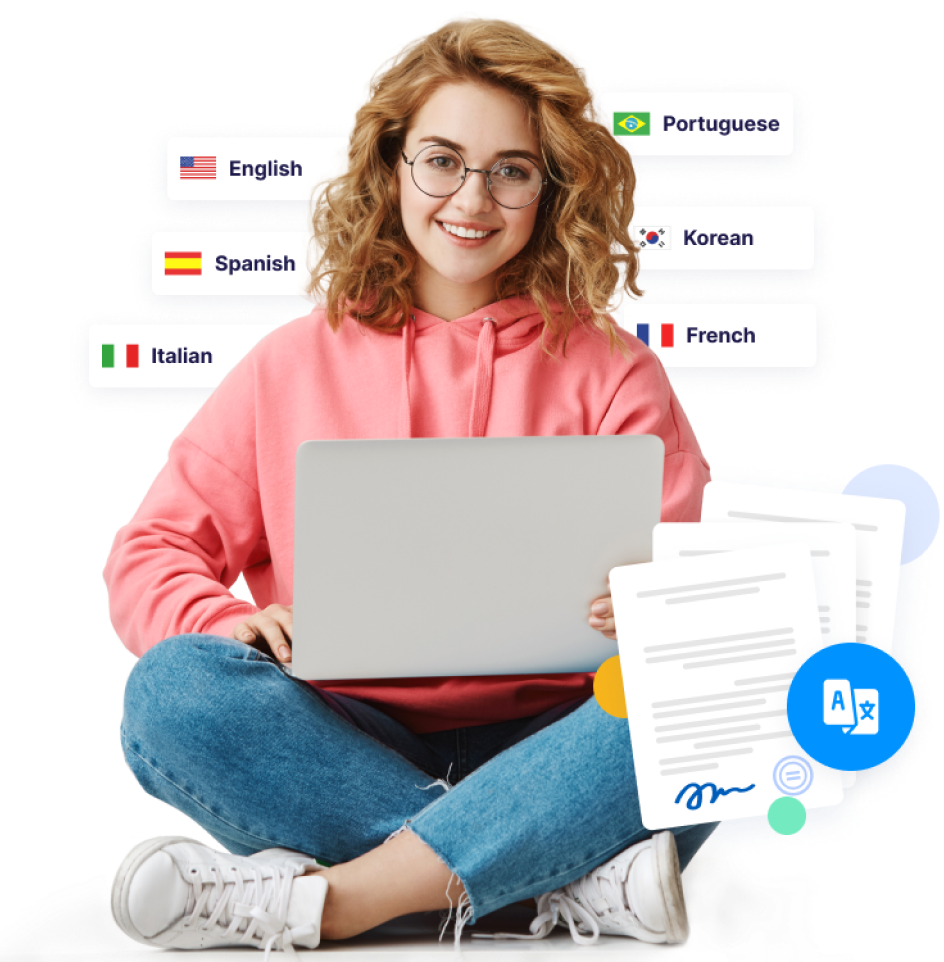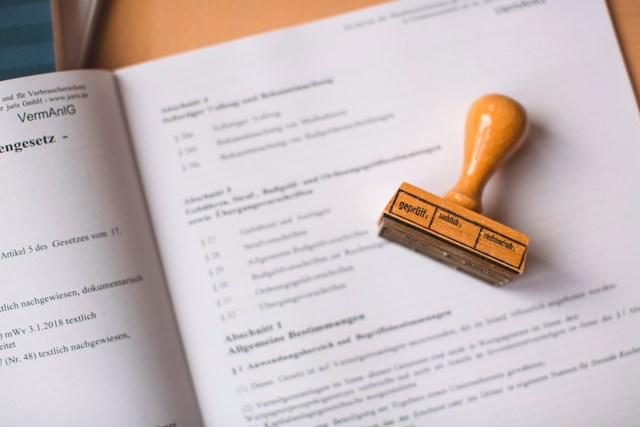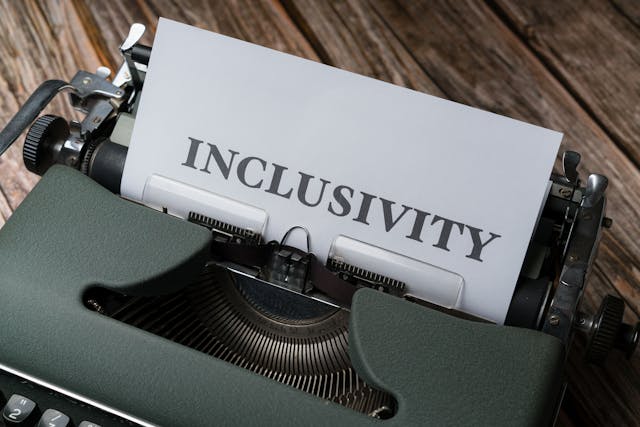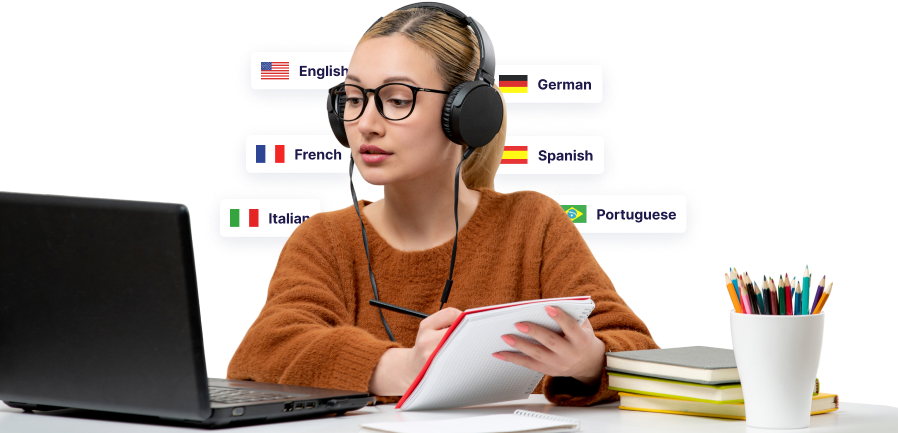Rapid Translate Team
Immigration and sports seem unrelated, but they are deeply connected fields. Athletes are one of the few people who have the opportunity to perform worldwide. However, their ability to secure a visa determines their presence at sports events. Every individual and sports team needs an athlete visa to enter the U.S.
Coming to the U.S. from a foreign country requires getting everything right at the immigration agency. The key to a successful application depends on the perfect visa options for athletes. But how do you achieve this? Read on to learn more about getting a visa for sports in the USA.
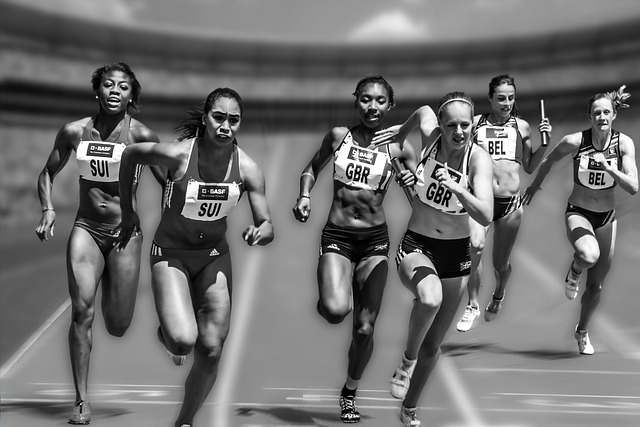
Table of Contents
What Are the Visa Categories for Athletes in the USA?
The B, O, P, and H visa categories are appropriate for foreign athletes intending to enter the U.S. Each category has specific conditions for athletes. The visa the athlete gets depends on their qualification and purpose for coming to the U.S. There are also different classifications for each visa category.
What Is a B Visa?
A B visa temporarily allows foreign athletes to travel to the U.S. for business, tourism, or both. Typically, B visas are valid for up to 10 years, and the traveler can stay up to 180 days. They also have an option to return to the United States again some other time. The two classifications of the B visa are the B–1 and the B-2.
The B-1 visa is helpful for business-related travels to the U.S. An athlete can enter the U.S. as a B-1 visitor if their visit will include business activities. On the other hand, the B-2 visa allows visitors to travel to the U.S. for tourism or pleasure. A person can enter the U.S. as a B-2 visitor if they will visit family and friends during their trip.
A B visa holder can’t engage in employment or productive labor during their stay in the U.S. Regardless of the class of B visa used, the athlete will not receive payment for their performance.
The immigration officer will most likely deny a B visa application, and there is little possibility of appealing the denial.
What Is a P Visa?
A P visa is a temporary employment for foreign athletes, entertainers, artists, and their spouses and children. The duration of this visa depends on the performance or competition schedule. The maximum allowable stay duration is up to 5 years, with the possibility of an extension of up to 5 years.
The four classifications of the P visa are as follows:
- P-1 visa: This class applies to internationally recognized individuals, athletic teams, or members of an entertainment group.
- P-2 visa: This class applies to entertainers and artists performing under a reciprocal exchange program.
- P-3 visa: This class applies to artists or entertainers performing under a cultural or artistic program.
- P-4 visa: This class is for a P-1, P-2, or P-3 visa holder’s spouse or children under age 21. It allows them to accompany or visit the principal holder in the U.S.
P-1 visas are the most suitable for athletes entering the U.S. for specific athletic events or international competitions. The athlete must have international recognition to apply for this class of P visa. This means they must possess a degree of skill and recognition that makes their achievement famous in several countries.
Any athletic team using this visa must also participate or compete in the same event as other internationally recognized teams. In addition, Essential Support Personnel accompanying the P-1 holder can use the P-1S visa category.
Essential Personnel includes coaches, referees, managers, and trainers with critical skills essential to the P-1 visa holder.
What Is an O-1 Visa?
The O-1 visa is temporary for individuals with extraordinary ability in sciences, education, athletics, arts, or business. It is also suitable for individuals with records of international and national achievement in the motion picture and television industry.
The classification of O visas includes the following:
- O-1A: This class is exclusively for individuals with outstanding athletic, science, business, and education abilities.
- O-1B: This class is exclusively for individuals with extraordinary ability in arts and achievement in the motion picture and television industry.
- O-2: This class is for individuals accompanying an O-1 visa holder as assistants in specific events or performances.
- O-3: This class is for spouses or children of O-1 and O-2 visa holders.
What Is the H Visa?
A H visa temporarily permits athletes to come to the U.S. to compete or participate in events.
The two classifications of the H visa for athletes are the H-2B and H-1B. The H-2B visa is suitable for athletes whose employer or sponsor can prove that their visit is seasonal.
This means the purpose of travel is for a one-time or intermittent performance. It is a suitable option for athletes who don’t qualify for the P-1 or O-1 visas.
The petition for an H-2B must include a labor certification from the United States Department of Labor. The certification confirms the sponsor cannot find a suitable U.S. athlete for the position.
Meanwhile, the H-1B visa allows athletes of specialty occupations to enter the U.S. This visa requires specialized knowledge and a Bachelor’s degree or equivalent in the specialty. The H-1B is a suitable option for coaches and coaching staff.
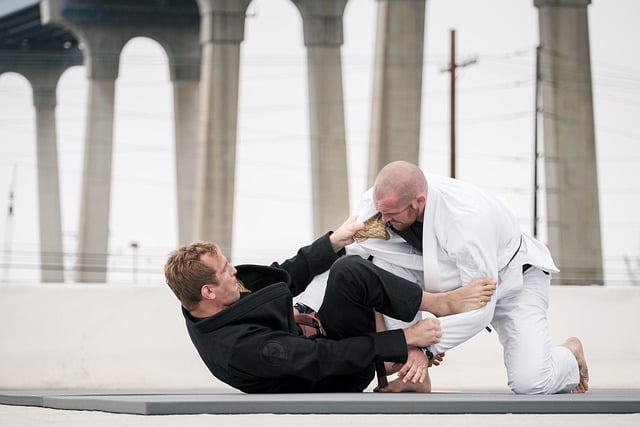
Application Process for a Professional Athlete Visa
The application process for a professional athlete visa begins with a U.S.-based sponsor or employer. The sponsor’s first step is petitioning the United States Citizenship and Immigration Services (USCIS) for approval.
The petitioner must file Form I-129, Petition for Nonimmigrant Worker, with USCIS to get permission for the visa application. The filing must be within six months of the scheduled performance, and they must pay a specific amount per petition.
However, they can file a group petition for an athletic team.
Apart from this, the sponsor must submit the following supporting documents with the petition:
- A proof of consultation with proper labor organizations.
- Copies of the athlete’s contract with U.S. sports teams or leagues.
- An itinerary with the events and performances indicating each event’s date and duration.
- Proof of the athlete’s eligibility for visa and national or international recognition.
After this, the USCIS will notify the sponsor of their decision by sending a Form I-797, Notice of Action. The athlete can then begin visa processing at their home country’s U.S. embassy or consulate.
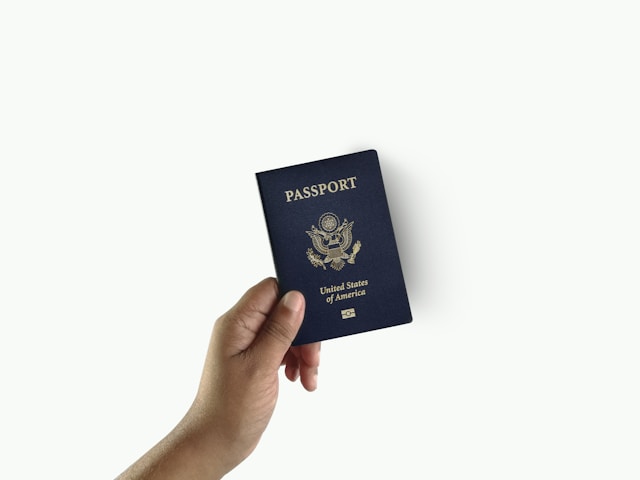
What Is the Most Popular Student Athlete Visa?
The O-1 and P-1 visas are the most popular for student-athletes in the U.S. However, there are eligibility requirements for every student-athlete visa. It is easier for student-athletes to qualify for P-1 visas because the eligibility requirements are subjective.
The primary requirements include:
- Previous experience with an NCAA team.
- Participation in a national team.
- Sports experts’ opinions.
Other additional factors include:
- National or international awards.
- Support letters from experts.
- International rankings.
- Involvement in international publications.
In addition, this visa’s policy specifically requires eligibility verification and scheduling competitions for its duration. This requirement makes the P-1 unsuitable for student-athletes not interested in competing in high-level events after graduation.Obtaining the O-1 visa is more challenging due to its eligibility requirements. This visa category is more suitable for professional athletes, but students can still successfully obtain it. It is suitable for athletes who can no longer compete in athletic competitions.
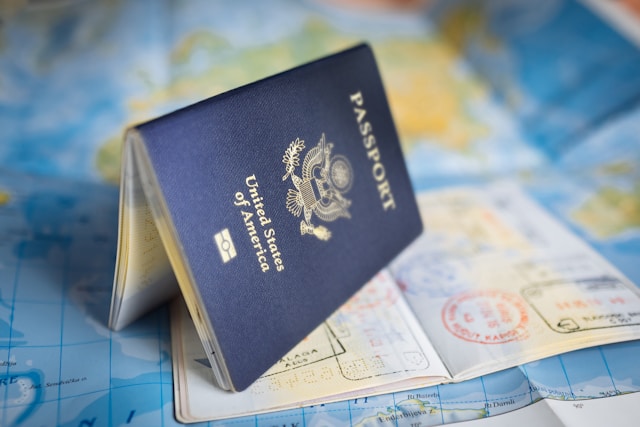
Can an Athletic Trainer Get a Visa?
An athletic trainer can get a visa to enter the United States. The P-1S and O-2 visas are perfect for athletic coaches, trainers, and other essential support staff. Both sports visa options help trainers and other staff members stay in the country.
It helps trainers who cannot support an individual P-1 or O-1 petition themselves. The eligibility requirements of both visa options are less restrictive and easy to meet. However, they don’t have the work authorization flexibility of P-1 or 0-1 visas.
Do Professional Athletes Need Work Visas?
Professional athletes need work visas to work in the United States. They will need a nonimmigrant work visa or green card to be eligible for employment in the country. The P and O visas allow athletes to get work authorization to stay in the U.S. for multiple years.
However, the sports visa classification each athlete requires depends on their qualifications and purpose for traveling.
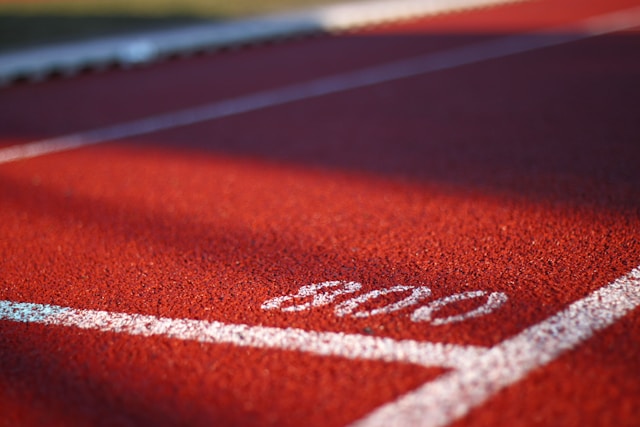
Qualification To Get a Green Card for Athletes
Athletes must return to their home country when the temporary athlete visa USA approves expires. However, anyone wanting to remain in the country must obtain a green card for athletes before retirement. The green card will give them permanent resident status in the country.
Processing the green card application in advance is paramount because getting one could take up to three years. Internationally or nationally recognized athletes participating or winning event medals may qualify for an EB-1 green card.
This includes events like the Olympics, World Championships, World Cup, or major tournaments.
EB-1 is an employment-based visa available to individuals with extraordinary ability in sciences, education, arts, or athletics. It is also available to multinational managers, executives, and outstanding professors and researchers. There is no labor certification requirement for the EB-1 petition process.
The USCIS primarily considers prizes or awards won in senior or adult-level athletic competitions to grant athletes the EB-1. An experienced sports immigration lawyer is in the best position to determine the merits of your EB-1 application. However, you may need green card translations.
How To Translate Documents for the U.S. Visa
The USCIS requires certain supporting documents to prove eligibility for athletes applying for a temporary visa or green card.
However, the applicant must get English translations for immigration documents written in a foreign language. They may also get certified translations for specific documents.
Translations help the immigration official reviewing your application to understand your documents.
Therefore, Getting them ready beforehand is essential. A professional document translation company like Rapid Translate can make it easier by providing high-quality translated documents.
The USCIS recognizes Rapid Translate as an outstanding translator, so you don’t have to worry. We ensure our results satisfy all the USCIS translation requirements. You only need to upload your document to get quick English translations for over 60 languages.
Rapid Translate’s effective and affordable service will quickly prepare you for your athlete visa application. Order now to take your sports career to the next level!
